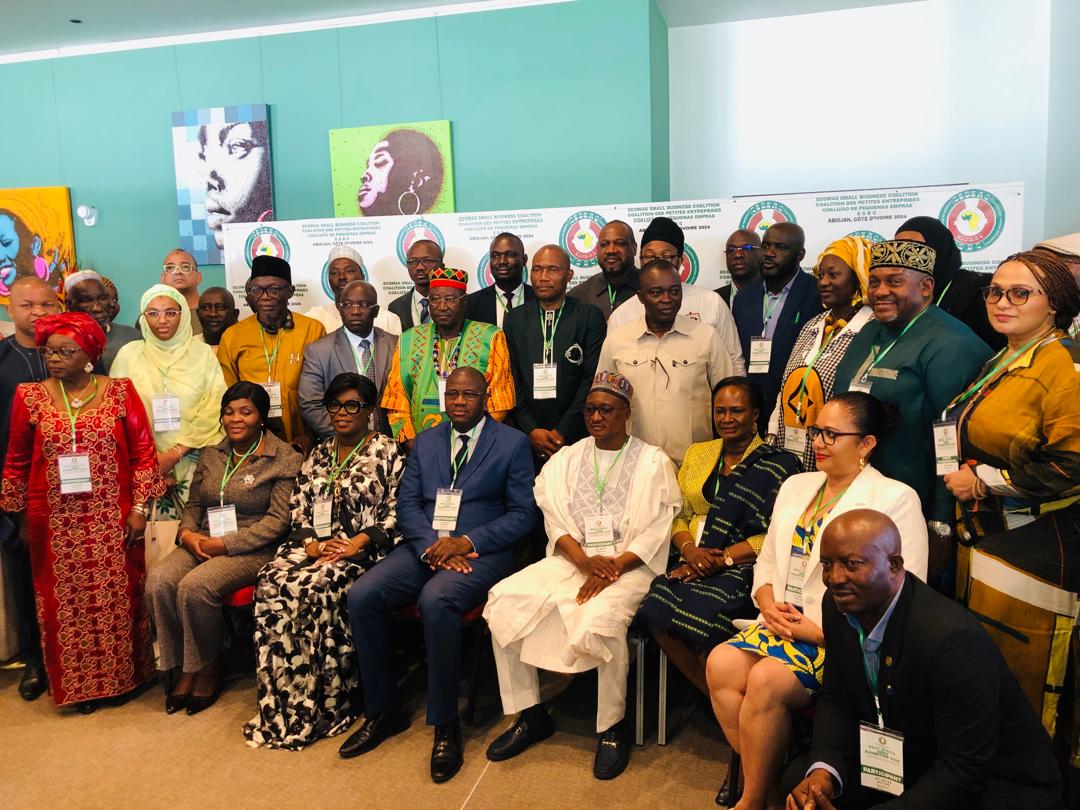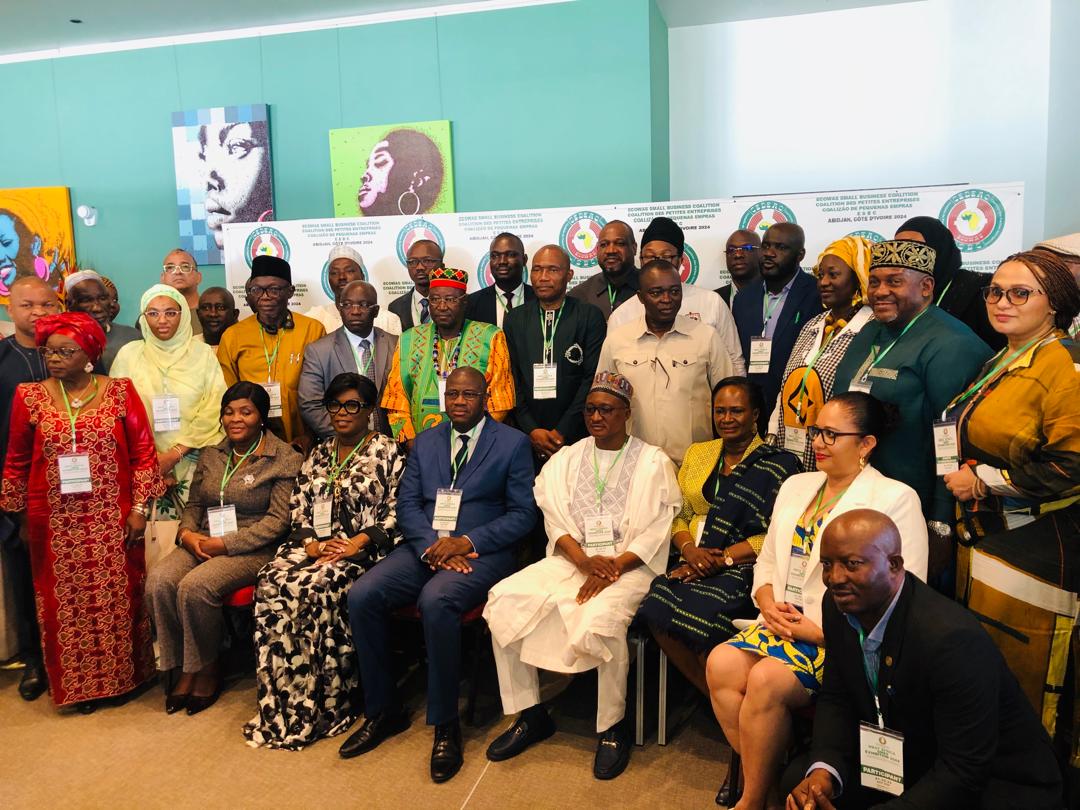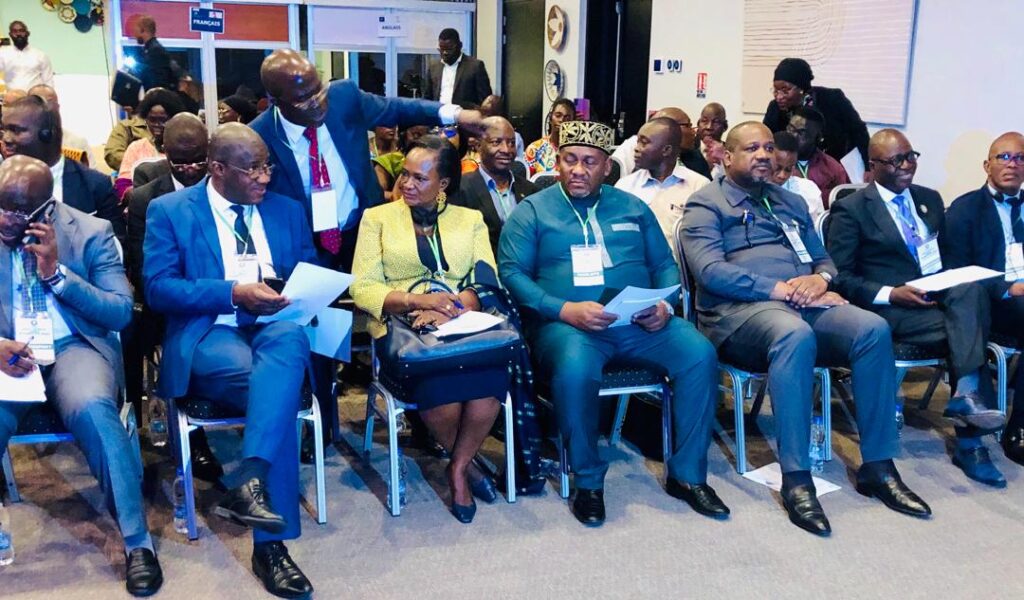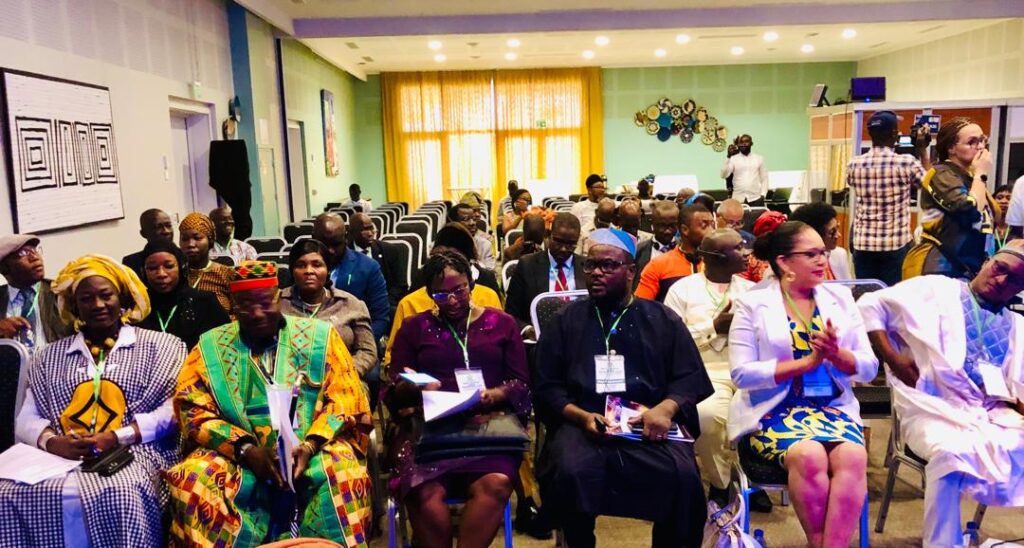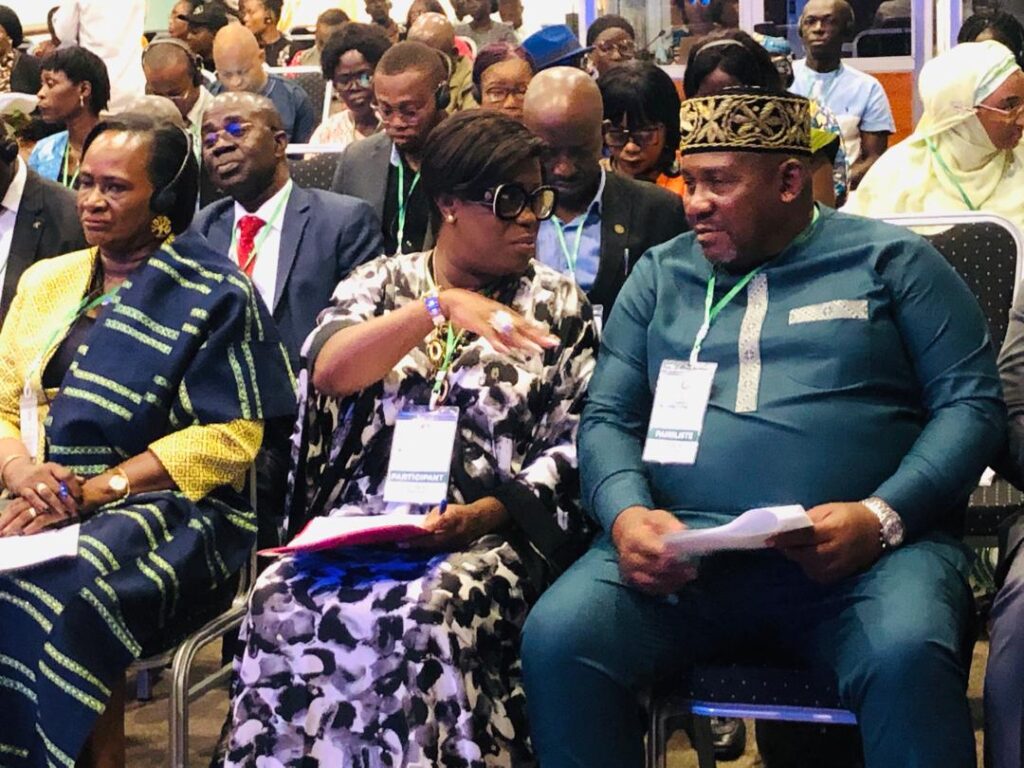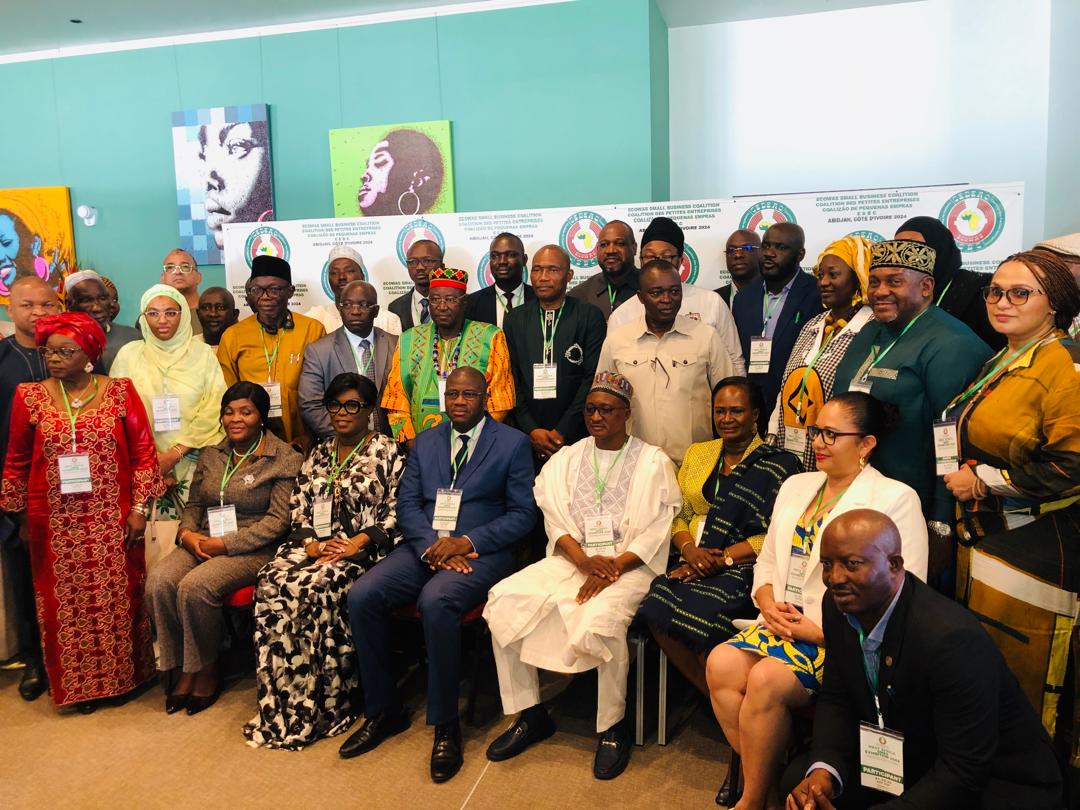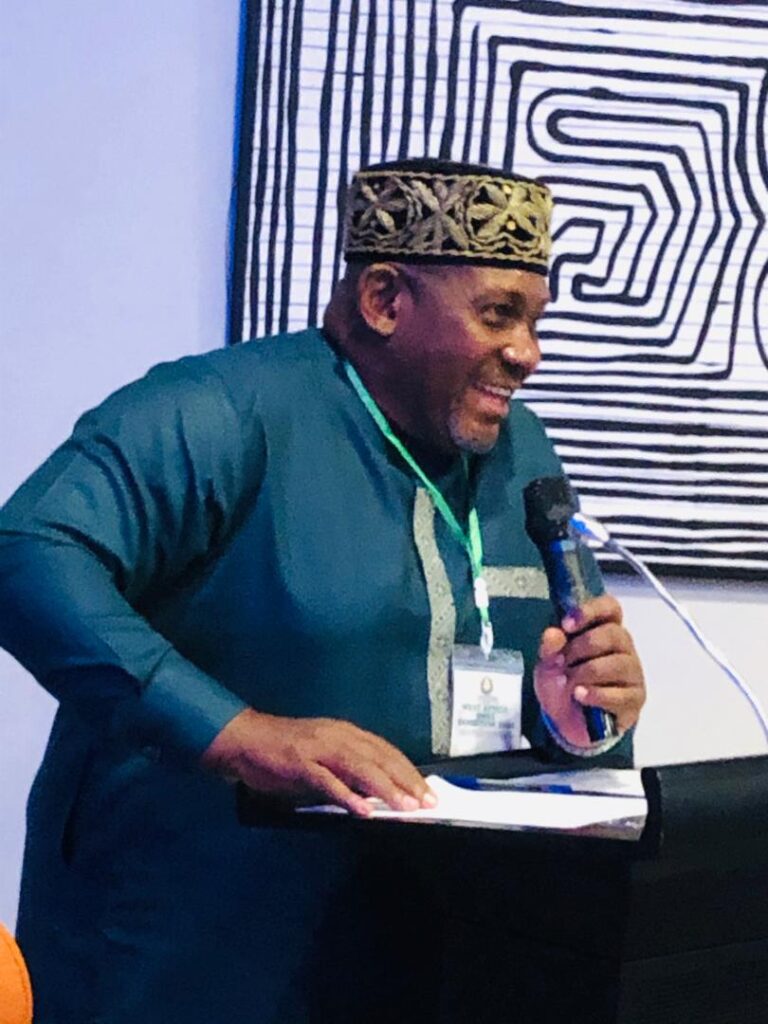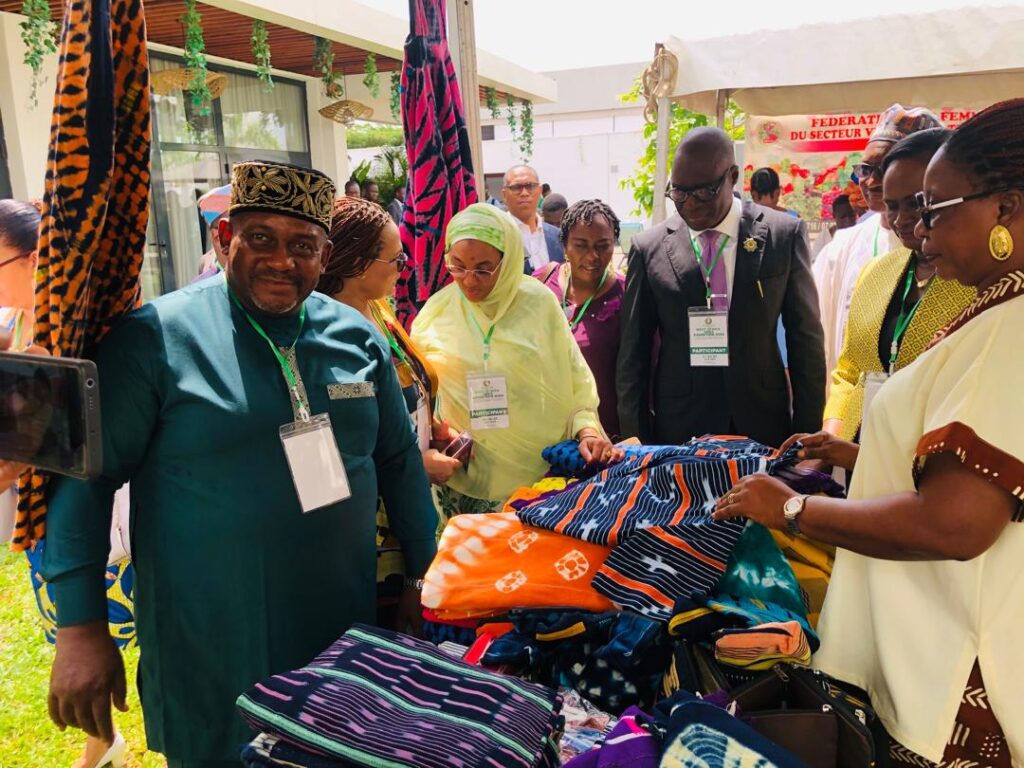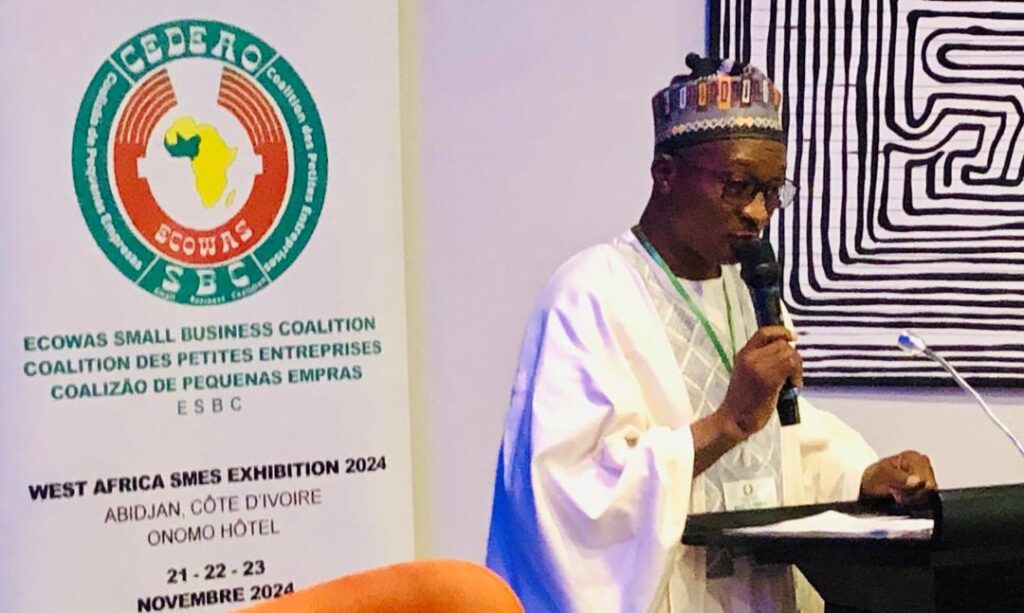FG inaugurates D-8 SME centre to deepen global cooperation, job creation
By Lucy Ogalue
The Federal Government has called for stronger collaboration among developing countries to unlock job creation and ensure global competitiveness through enterprise development.
Mr Charlse Odii, Director-General, Small and Medium Enterprises Development Agency of Nigeria (SMEDAN), said this at the inauguration of the D-8 Centre for Small and Medium Enterprises (SMEs) in Abuja on Tuesday.
Odii described the inauguration as a historic milestone that reflected Nigeria’s growing leadership in promoting South-South cooperation through entrepreneurship and innovation.
He said that the decision to site the centre in Nigeria was a strong endorsement of the resilience and creativity that defined the Nigerian business environment.
“The D-8 SME Center is more than a building. It is a bridge between continents, between policies and real impact, between big ideas and the small businesses that bring them to life.
“The initiative aligns with the vision of President Bola Tinubu, whose renewed hope agenda places enterprise, youth empowerment and regional partnerships at the core of Nigeria’s economic and diplomatic priorities,”he said.
According to him, Nigeria’s SME ecosystem is central to job creation, poverty reduction, and sustainable development.
He said that there was the need for stronger regional integration to tackle common challenges such as access to finance, infrastructure and regulatory barriers.
“No country can do it alone. SMEs in Bangladesh, Egypt, Malaysia, and Nigeria face similar constraints.
“The D-8 SME Center provides a platform to share solutions, open markets and harmonise standards,” he said.
Odii said that SMEDAN’s “Grow Nigerian” strategy was geared toward helping local businesses move beyond survival to becoming competitive players in regional and global value chains.
He said that the agency was focused on digitising SME operations, building industrial linkages, improving business regulations, and enhancing youth participation in the economy.
“This Centre will be a living hub for matchmaking, learning exchanges, policy alignment and co-investment among D-8 countries. It is about turning shared ideas into shared prosperity,” he said.
The Secretary-General of the D-8 Organisation for Economic Cooperation, Ambassador Isiaka Imam, urged member countries to intensify efforts toward empowering SMEs.
Imam said that SMEs formed the backbone of D-8 economies, accounting for the majority of enterprises and contributing significantly to GDP and employment across member states.
Citing country-specific data, he said that SMEs represented 99.8 per cent of businesses in Türkiye, 96 per cent in Nigeria, 98 per cent in Egypt, and over 90 per cent in Pakistan, Bangladesh, and Iran.
He said that the D-8 had taken strategic steps to support SME growth, including the establishment of governmental meetings, signing of a cooperation MoU, and hosting of forums among others.8
Imam expressed hope that the new centre would work with national SME agencies to advance research, training, data sharing, and policy harmonisation.
He urged member states to support the centre in addressing challenges such as access to finance, markets and technology.
The inauguration was attended by government officials, representatives of the D-8 Secretariat, diplomatic community, private sector players and development partners.
The News Agency of Nigeria (NAN) reports that the representatives of the member states acknowledged the important role SMEs played in the economic development of their various countries.
They, therefore, pledged their collective commitment to the advancement of the D-8 centre to ensure that it realised its purpose.(NAN)
Edited by Kadiri Abdulrahman





